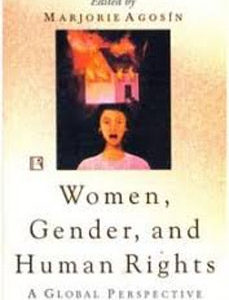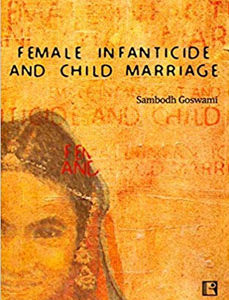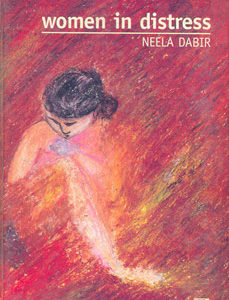MALE IMAGE, FEMALE GAZE: Men in Shashi Deshpande’s Fiction
₹995.00 Original price was: ₹995.00.₹796.00Current price is: ₹796.00.
25 in stock
Shashi Deshpande’s novels have frequently been analysed through the traditional feminist framework, an attempt sometimes contested by the writer, although she writes unambiguously from the female point of view.
Male Image, Female Gaze analyses Deshpande’s apparently dichotomous stance and elaborates on her departure from the limited scope of theoretical assumptions. It focuses on her understanding of contextual peculiarities and the need to affect sustainable shifts from within social and relational structures. Instead of viewing men as antagonists, she therefore considers the possibility of men as a medium for an integrated and inclusive change. The intricate working of the resistant male psyche is observed and tackled not from a belligerent but an analytical point of view. Deshpande’s purpose is to locate constraints on masculine identity which hamper the reshaping of the gender paradigm, and to consider factors which could impel men to move out of them.
The book analyses Deshpande’s portrayal of husbands, brothers, sons and fathers to throw light on the slow pace of social change, as it works its way through underlying psychological conflicts and crises of identities. It also brings to focus, her assessment of the inbuilt flexibility of human nature which eventually adapts to changing situations, creating openings where none existed.
| Author's Name | |
|---|---|
| Binding | |
| Release Year | |
| Language | |
| Publisher |
Related products
Women Studies
Women Studies
Women Studies
Women Studies
Women Studies
Women Studies
Women Studies
Women Studies











